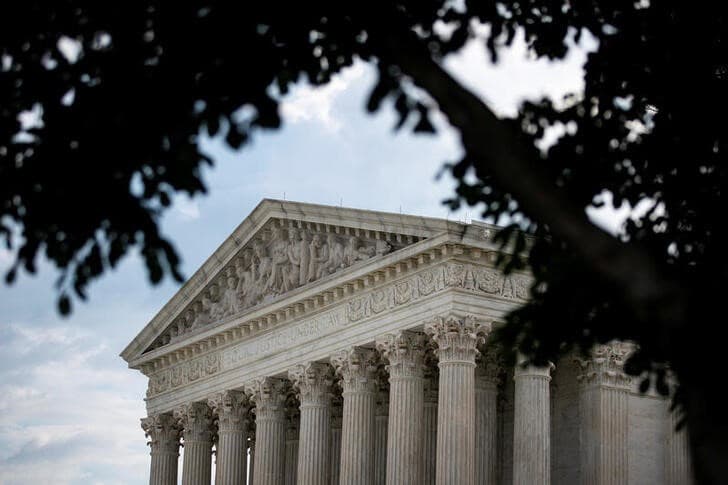Pentagon opens review of Senator Mark Kelly, examines recall and discipline
The Pentagon is reviewing Sen. Mark Kelly after he appeared in a video urging service members to refuse unlawful orders, a move that could lead to an unprecedented recall to active duty for potential court martial or administrative action. The announcement sharpens tensions over civil military relations, prompts partisan backlash, and raises legal questions about disciplining a sitting senator.

The Defense Department announced on Monday that it has opened a review of Democratic Sen. Mark Kelly of Arizona after he appeared in a video with other lawmakers urging U.S. military personnel to refuse unlawful orders. Defense officials said the inquiry will determine whether Kelly’s statements interfered with the loyalty, morale, or good order and discipline of the armed forces, and noted that because he retired from active duty as a commissioned officer, the department retains jurisdiction to recall him to active duty for possible court martial or administrative action.
Kelly, a retired Navy captain who has served in the Senate since 2020, and other participants in the video said they were urging troops to uphold the Constitution and reject illegal directives. Kelly characterized the investigation as intimidation. The announcement came amid sharp partisan pushback, with Republicans and Democrats trading accusations over the proper limits of civilian oversight and the rights of retired officers who enter elected office.
The review is consequential for legal and institutional reasons. Under longstanding military practice, retired commissioned officers remain subject to military law and may be recalled, although such recalls are rare and typically reserved for wartime needs or specific disciplinary cases. The prospect of recalling a sitting senator to active duty for potential military prosecution invites complex constitutional questions about separation of powers and protections afforded to members of Congress. Legal scholars and former military lawyers have noted that disciplining an elected official who was once an officer would test the boundaries of military jurisdiction and civilian legislative immunity.
Beyond legal doctrine, the episode touches on broader concerns about civil military relations and morale among roughly 1.3 million active duty service members. Pentagon officials framed the review as a matter of preserving order and discipline, while Kelly and his allies framed the video as an exercise in urging lawful obedience to the Constitution. The disagreement underscores a tension that has periodically surfaced in American history when retired officers engage in public political advocacy.
Market reactions to the announcement were muted, reflecting the narrow and politically charged nature of the matter rather than an immediate economic shock. Analysts said the direct impact on financial markets and defense contractors is likely to be limited in the near term, but they cautioned that sustained political friction between Congress and the Department of Defense could complicate budget negotiations and procurement timelines. Federal discretionary spending on national defense remains among the largest items in the budget, exceeding several hundred billion dollars annually, and prolonged institutional conflict could introduce risk premiums into long term contracting and planning.
Politically, the review is likely to intensify partisan debate as the 2026 election cycle approaches, with both parties weighing the legal merits and political optics of a military inquiry into a sitting lawmaker. The outcome could set a precedent for how the military handles retired officers who take public positions on sensitive matters, and it may shape legislative efforts to clarify the limits of recall authority and the interplay between civilian political speech and military discipline.


